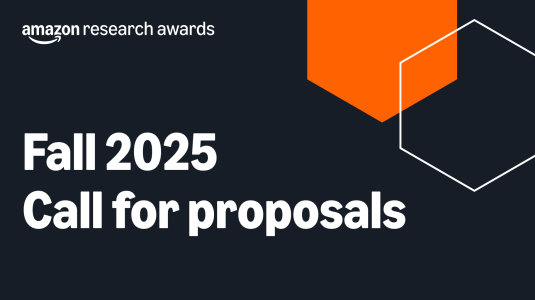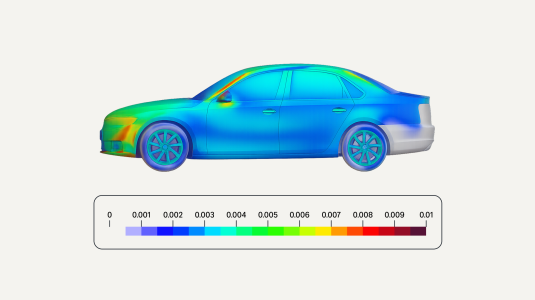We are looking for a motivated Applied Scientist to join the team pioneering the next generation of agentic AI applications for Amazon advertisers. In this role, you will contribute to the design and development of agentic architectures, tools, and datasets that enable agents to reason, plan, and act autonomously across advertiser workflows. You will apply machine learning and large language model techniques—such as fine-tuning, reinforcement learning, and preference optimization—to solve real customer problems and improve advertiser outcomes at scale. You will work closely with senior scientists and engineers to experiment with new methods, run large-scale evaluations, and bring research ideas into production. You will be hands-on in implementing models, analyzing data, and building components that make our guidance agents more context-aware, reliable, and effective. Most importantly, you will work backwards from advertiser needs, contributing to customer-facing products that help advertisers create, optimize, and grow their campaigns. This is a highly collaborative and growth-oriented role, ideal for someone who thrives at the intersection of research and engineering, enjoys tackling ambiguous problems, and wants to shape the future of agent-based AI in advertising. Key job responsibilities - Contribute to the design and development of agents that guide advertisers across conversational and non-conversational experiences. - Implement and experiment with model and agent optimization techniques such as supervised fine-tuning and instruction tuning under the guidance of senior scientists. - Support dataset curation and tooling for model customization and preference optimization (e.g., MCP pipelines). - Build and maintain components of evaluation pipelines for agent workflows, including benchmark setup, automated test creation, and analysis of reasoning quality. - Prototype and validate elements of agentic architectures (e.g., CoT, ReAct, or ToT) to improve planning, reasoning, and tool use. - Conduct experiments, analyze performance, and communicate insights to drive iterative improvements to models and agents. - Collaborate with scientists, engineers, and product managers to integrate research outputs into production systems. - Stay current with emerging methods in LLMs, reinforcement learning, and agentic AI, and apply them to real-world advertiser scenarios. About the team The Sponsored Products and Brands team at Amazon Ads is re-imagining the advertising landscape through the latest generative AI technologies, revolutionizing how millions of customers discover products and engage with brands across Amazon.com and beyond. We are at the forefront of re-inventing advertising experiences, bridging human creativity with artificial intelligence to transform every aspect of the advertising lifecycle from ad creation and optimization to performance analysis and customer insights. We are a passionate group of innovators dedicated to developing responsible and intelligent AI technologies that balance the needs of advertisers, enhance the shopping experience, and strengthen the marketplace. If you're energized by solving complex challenges and pushing the boundaries of what's possible with AI, join us in shaping the future of advertising. The Advertiser Guidance team within Sponsored Products and Brands is focused on guiding and supporting 1.6MM advertisers to meet their advertising needs of creating and managing ad campaigns. At this scale, the complexity of diverse advertiser goals, campaign types, and market dynamics creates both a massive technical challenge and a transformative opportunity: even small improvements in guidance systems can have outsized impact on advertiser success and Amazon’s retail ecosystem. Our vision is to build a highly personalized, context-aware agentic advertiser guidance system that leverages LLMs together with tools such as auction simulations, ML models, and optimization algorithms. This agentic framework, will operate across both chat and non-chat experiences in the ad console, scaling to natural language queries as well as proactively delivering guidance based on deep understanding of the advertiser. To execute this vision, we collaborate closely with stakeholders across Ad Console, Sales, and Marketing to identify opportunities—from high-level product guidance down to granular keyword recommendations—and deliver them through a tailored, personalized experience. Our work is grounded in state-of-the-art agent architectures, tool integration, reasoning frameworks, and model customization approaches (including tuning, MCP, and preference optimization), ensuring our systems are both scalable and adaptive.




